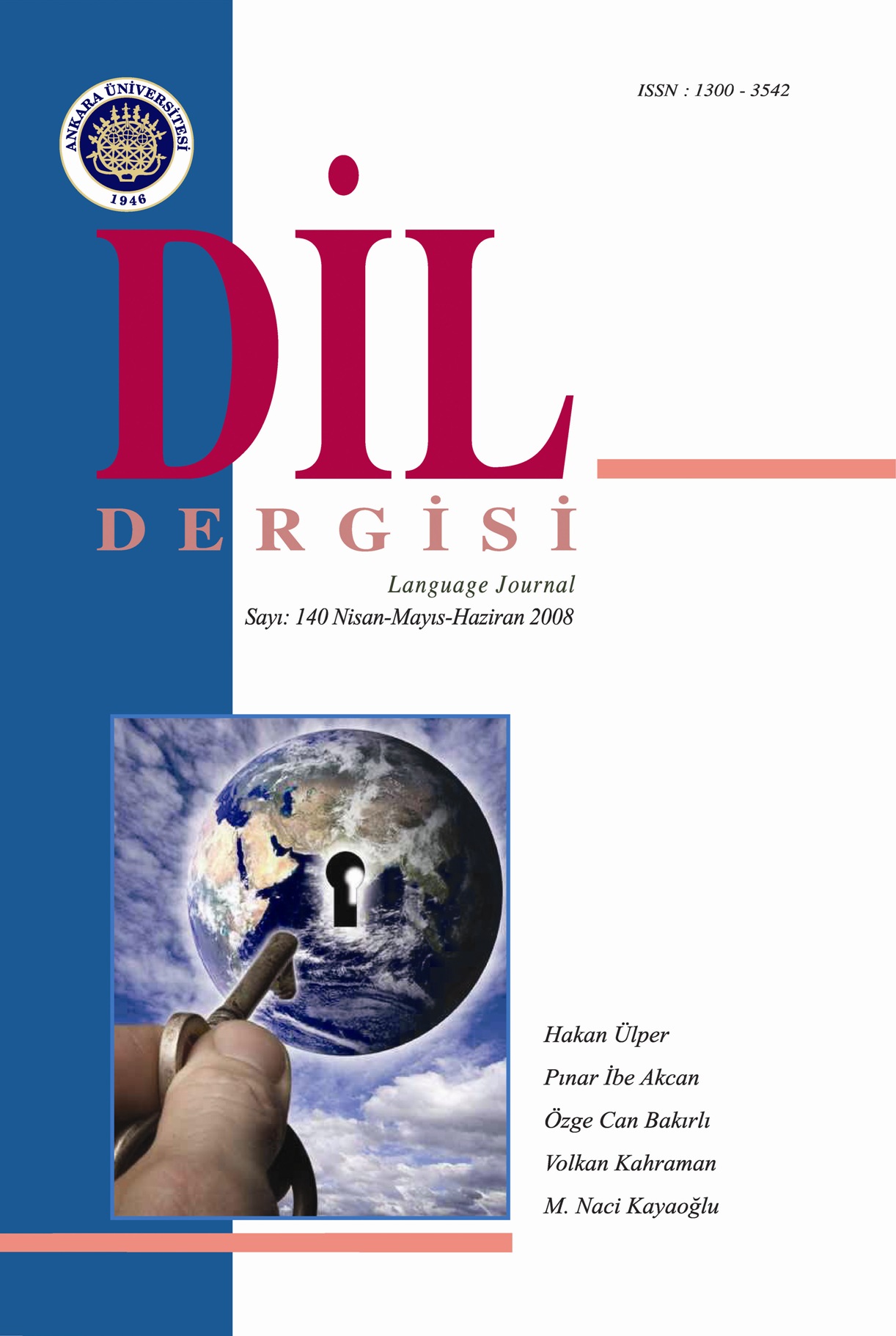İkidillilikte Beyin Ve Zeka
Brain and intelligence in bilingualism
Author(s): Özge Can BakırlıSubject(s): Language studies, Education, Foreign languages learning
Published by: Ankara Üniversitesi TÖMER
Keywords: Bilingualism; types of bilingualism and lateralization; bilingualism and brain; bilingualism and intelligence; bilingualism and cognition;
Summary/Abstract: Bilingualism is defined as a term of one’s knowing two languages or using two languages in a society (Vardar, 1998: 124). According to Baker (2001a), the relationship between bilingualism which is introduced with ideological, individual and/or international issues, and brain & intelligence have been in the center of interest of some researchers. In this article, regarding the pecularities of being bilingual, whether or not both languages a bilingual individual speaks fluently with the same proportions are represented in the same area of the brain is studied and it is aimed to describe the relationship between bilingualism and intelligence. As a result, it is found that the brain functions undergo a change in language acquiring and learning processes, and the brain structure has a role in language behavior of a bilingual person. Moreover, it is extrapolated that the idea that bilingualism affects the intelligence negatively is not valid entirely.
Journal: Dil Dergisi
- Issue Year: 2008
- Issue No: 140
- Page Range: 32-42
- Page Count: 11
- Language: Turkish

